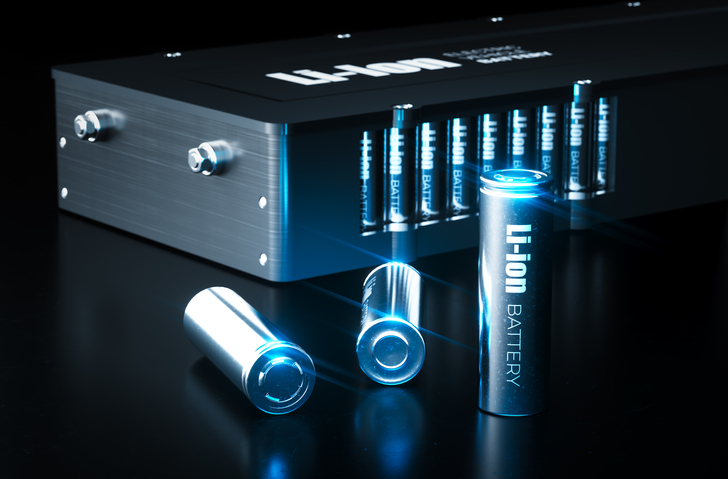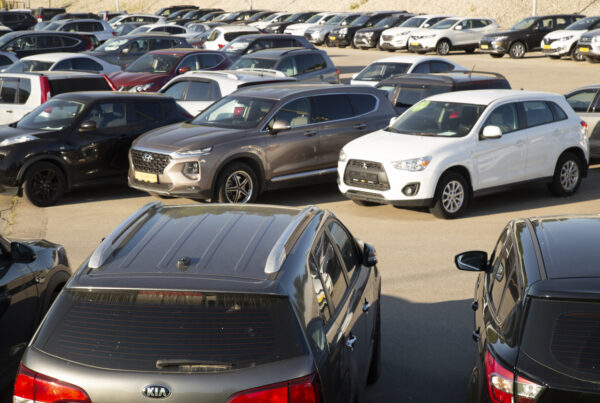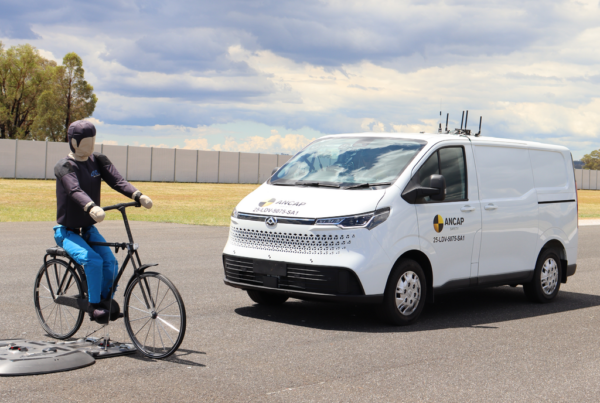New Zealand has experienced a 17 per cent rise in lithium-ion battery-related fires over the past year. The increase is largely due to mishandling during charging, storage, and disposal. According to reports, these fires are occurring not just in homes but also in vehicles, businesses, and even marine settings.
According to AMI Insurance, more than 20 per cent of fire claims related to lithium-ion batteries happened while the devices were charging.
Wayne Tippet, an AMI spokesperson, explained that over 50 per cent of these claims occur when devices are not in use or are left charging unattended.
“Consumer safety and battery handling education to ensure the safety of New Zealanders is vital,” Tippet stated.
He also said that incidents have been reported in a range of devices, from drones and e-bikes to cars and even campervans, all of which caught fire while being left on charge for long periods.
EV Safety Concerns
The rise in lithium-ion battery-related fires is particularly concerning for EVs, which depend on these batteries.
“We’ve received claims for drones, e-bikes, cars and even campervans which have caught fire while being left on charge for long periods, unsupervised,” Tippet explained.
Tom Ronaldson, Fire and Emergency New Zealand’s Community Education Manager, added, “When lithium-ion battery fires occur, they can happen very quickly.” He also emphasised that these batteries can be safe if handled correctly, but mishandling or improper disposal can pose a significant risk. Ronaldson advised,
“If your battery is emitting vapour or unusual sounds, you should evacuate immediately and call 111.”
How to Stay Safe
With the rise in battery-related fires, it’s more important than ever to follow safety precautions.
To ensure the safe handling of lithium-ion batteries, especially for EVs and other devices, always use the charger specifically designed for your device. Never leave devices charging for extended periods or on soft surfaces; it’s best to charge them while you’re awake and unplug them before going to bed.
For EVs, it’s recommended to store and charge them in a garage, shed, or carport, away from living spaces and combustible materials. Additionally, avoid using damaged or modified charging equipment, and always check that your charging equipment is working properly.
Tippet also reminded the public not to dispose of batteries in household waste.
“There are several collection facilities around the country for used batteries, including at most Mitre 10 and Bunnings Warehouse stores, and e-waste services or recycling services for electronics,” he said.
Did you find this article interesting? Click the ‘heart’ button above to give it a ‘like’!




















